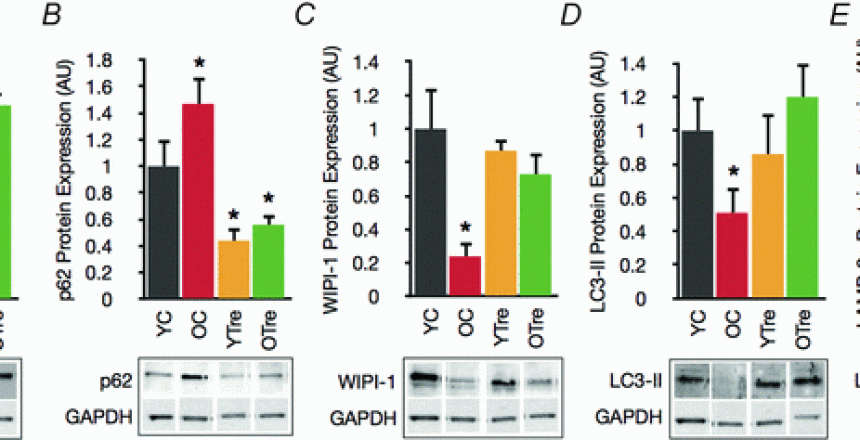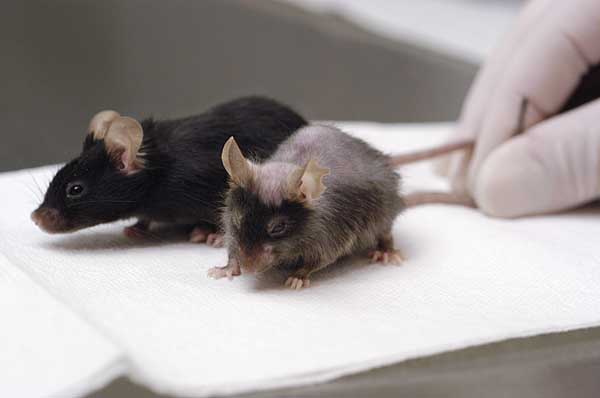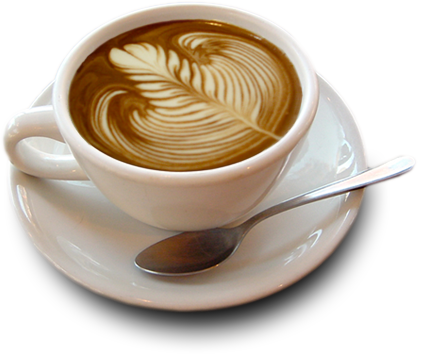Intermittent fasting, which consists of going without food for 16 hours up to 24 hours – longer than that is usually “prolonged fasting” – could be one of the most potent anti-aging measure around, as potent or more so than exercise. One of its main mechanisms of action is through increasing autophagy, the cellular self-cleaning process that rids cells of junk organelles and macromolecules. Intermittent fasting could prevent heart disease through the same mechanism.
Autophagy declines with age
Aging is the number one correlate of increased risk for coronary heart disease (atherosclerosis), and aging also correlates strongly with a decline in natural levels of autophagy.
Dysfunction of the arterial walls plays a key role in coronary heart disease. This dysfunction is related to declining autophagy.
Researchers decided to test the idea that declining autophagy is important to arterial dysfunction. They used human volunteers, mice, and cell culture in a three-pronged experiment.(1)
They showed that blood flow in the forearm in response to infusions of acetylcholine was only about half in healthy older humans, age 61 to 71, compared to that in healthy young people, age 20 to 31. The lower blood flow was shown to be due to lower production of nitric oxide, which mediates vasodilation.
Levels of autophagy in older people, as shown by protein markers, were about half those in younger people. The correlation between autophagy markers and forearm blood flow was high at 0.61.
The mouse segment of the experiment studied markers of autophagy in old and young mice. In the old mice, the markers showed about half the level of autophagy as in the young mice. Their arterial function was also much worse.
Trehalose restores autophagy in old mice
Then, they gave the old mice trehalose, a sugar which promotes autophagy, similarly to resveratrol or curcumin.
Trehalose completely restored autophagy levels in old mice to those seen in young mice, and restored arterial function to the same degree. Graphs below from the paper:

Autophagy is impaired in the vasculature of old mice and restored by trehalose supplementation A, key autophagy mediator beclin 1 in aorta of young and old control (YC and OC) and young and old trehalose supplemented (YTre and OTre) mice. B, p62, a marker of undegraded autophagy substrates. C and D, WIPI‐1 and LC3‐II, markers/indexes of macroautophagy. E, LAMP‐2a, critical mediator of chaperone‐mediated autophagy. Data expressed relative to GAPDH and normalized to YC mean value. Representative Western blot images below. Values are means ± SEM (n= 5–7 per group). *P < 0.05 vs. YC.
Human cell cultures treated with trehalose responded with a restoration of nitric oxide production.
The scientists stated:
The present findings suggest that autophagy is reduced in arteries of older mice and humans and contributes to impaired vascular endothelial function, a clinically important expression of arterial ageing. Importantly, our parallel findings in mice and humans indicate that autophagy protects vascular endothelial function with ageing by reducing oxidative stress and inflammation and increasing NO bioavailability. These results provide a basis for translational research aimed at enhancing autophagy to reverse arterial ageing and reduce the risk of age-associated CVD in humans.
Declining autophagy is linked to increased oxidative stress, inflammation, and mitochondrial dysfunction, all of these being main physiological processes that accompany aging. In fact, they just are aging.
Unfortunately, trehalose appears to be highly metabolized in the gut when humans ingest it, so using trehalose to enhance autophagy is probably out of the question. Trehalose has also been linked to Clostridium dificile infections.
Intermittent fasting could prevent heart disease by improving arterial health
Increasing autophagy will lower these other markers of oxidative stress and inflammation, resulting in improved arterial health. As inflammation has been strongly implicated in coronary artery disease, increasing autophagy will lower inflammation and help prevent atherosclerosis.
Intermittent fasting strongly increases autophagy during the fasting window, so it has great potential in the prevention of coronary heart disease.
Other interventions already mentioned, curcumin, resveratrol, nicotinamide, etc. (you can see all of these on my supplements page) also increase autophagy – they have been called calorie restriction mimetics – and therefore have the same potential. Trehalose works in mice, though human data is lacking, and it’s cheap.














13 Comments
Does intermittent fasting destroy newly gained muscle tissue?
No. Fasting strongly increases levels of growth hormone, the function of which is to preserve muscle. However, be sure to eat enough protein, 1.2 g/kg, during feeding/exercising window.
Ron Rosedale argues to keep max protein below 1 g/kg lean body mass. Reason that protein reduces autophagy (via mTOR increase). Hence too much protein in the eating window may counter gains in the fasting window. For diabetics – who he cured – he reduced the protein above to 0.75 g/kg lean body weight and now recommends same for all. Presumably for us older folks with chronic problems. Once problems resolved I guess protein can be raised a little. Otherwise many thanks for a great article about fasting and CVD! I just experienced relief from all chest pains and finally also all wrist pains during walking more than a few 100 meters that I had “left over” from severely disabling angina, relieved with LCHF. I now water fasted 5 days a week and ate normal during weekends for 3 weeks. Complete relief, plus losing belly fat and 9 kgs in total.
Interesting with Curcumin , trehalose, egcg etc. to enhance autophagy.
Hi Sten, I think Ron Rosedale has got it right there. Hardly anyone talks about the effects of protein on aging and disease, and in fact I’ve been scoffed at by academic nutritionists when I’ve brought it up. I do wonder where exactly he got his protein numbers though – presumably from clinical experience. Sounds like you’ve gotten rid of your heart disease – congratulations!
P. D., what is better, in your opinion: fasting for at least 16 hours every day (that is, no breakfast) or fasting an entire day in the week (and having three meals on the other days)?
That’s a good question. Prolonged fasting does something that intermittent fasting doesn’t, or at least as much. I think if put in terms of a 16 hour fast vs one of several days, they both have their uses. But as the question stands, I’m going to say that a daily 16 hour fast is more valuable.
Having only checked examine.com, I may be in error, but oral Trehalose may be not be very effective, being broken down quickly into glucose.
Fasting is cheaper, anyway.
Regards.
Yes, that’s a mystery. Presumably the same thing happens in mice, and it works on them.
Mystery it is. Mice DO produce trehalase, so it can’t be that. I’ve seen reports that trehalose can’t be found in human serum, but kidneys produce trehalase. Why? So, even bigger mystery.
For me, a prediabetic, I’ll skip the extra glucose, fast an extra hour/day, and wait for the trehalose mechanism to be better explained.
And how about having homemade bone broth instead of coffee for your breakfast in your 16-hour fast?
I believe Paul Jaminet (author of The Perfect Health Diet) actually suggested bone broth during a fast was a fine idea. You might check out his blog and see if you can find the post in question.
Where are your sources? Without sources, you’re no better than any other misinformed blogger trying to make a quick buck off of website ads